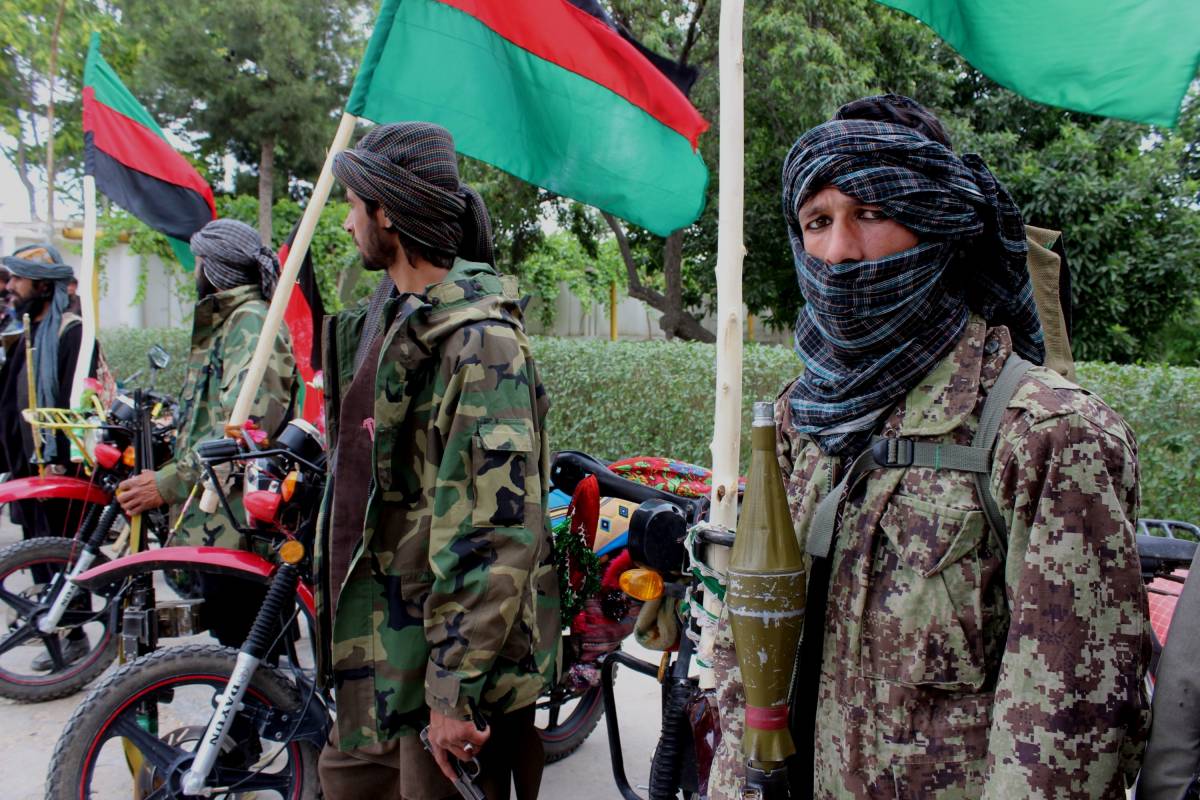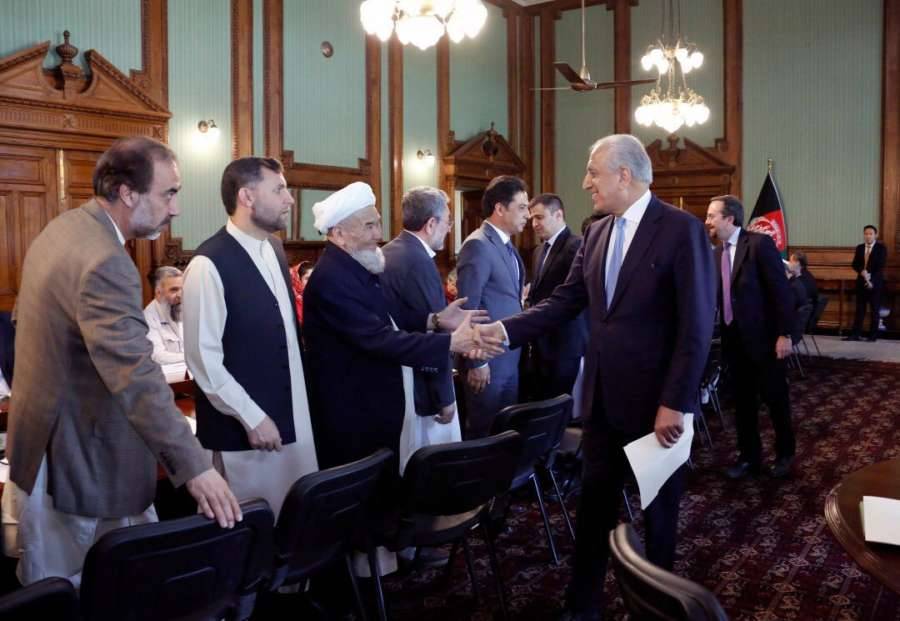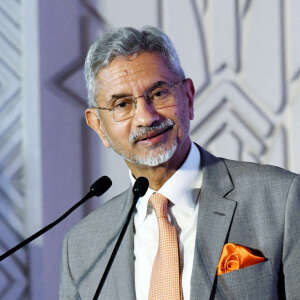Afghan leaders, along with US military commanders, have attributed much of the insurgency’s power and longevity either directly or indirectly to Pakistani support, reports Asian Lite News
Pakistan’s security establishment, fearful of strategic encirclement by India, apparently continues to view the Afghan Taliban as a relatively friendly and reliably anti-India element in Afghanistan, as per a brief prepared by the US Congressional Research Service.
The document on US policy in Afghanistan says Pakistan’s security services maintain ties to Afghan insurgent groups, most notably the Haqqani Network.
Afghan leaders, along with US military commanders, have attributed much of the insurgency’s power and longevity either directly or indirectly to Pakistani support.
Despite official Pakistani leadership’s statements to the contrary, Islamabad may view a weak and destabilized Afghanistan as preferable to a strong, unified Afghan state (particularly one led by an ethnic Pashtun-dominated government in Kabul; Pakistan has a large and restive Pashtun minority), the brief said.
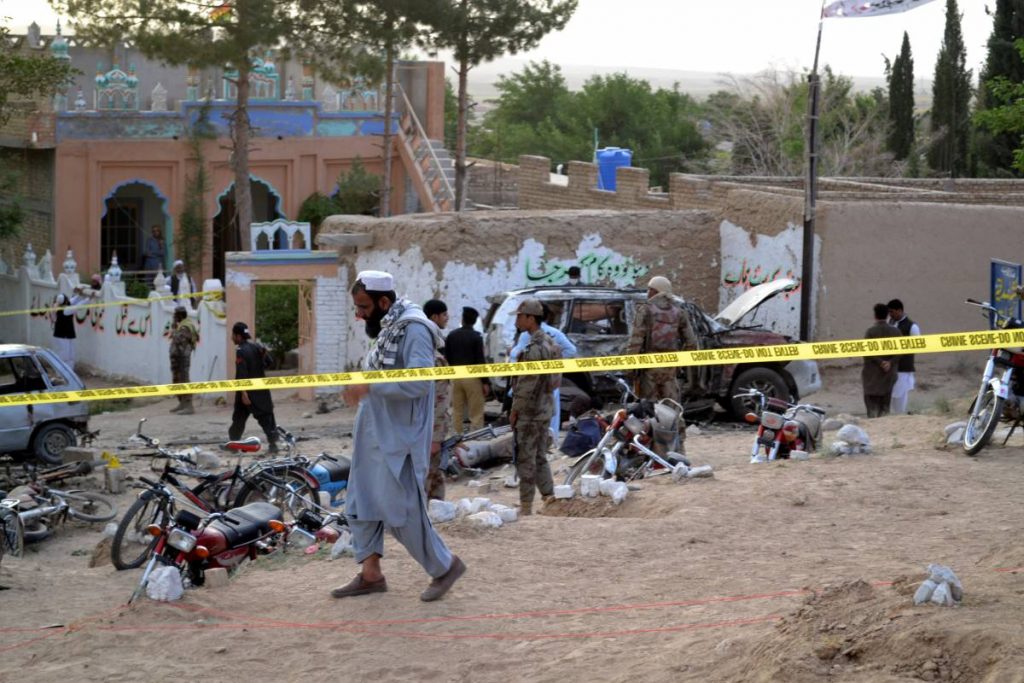
Afghanistan-Pakistan relations are further complicated by the presence of over one million Afghan refugees in Pakistan, as well as a long-running and ethnically tinged dispute over their shared 1,600-mile border.
“Pakistan’s security establishment, fearful of strategic encirclement by India, apparently continues to view the Afghan Taliban as a relatively friendly and reliably anti-India element in Afghanistan. India’s diplomatic and commercial presence in Afghanistan—and US rhetorical support for it—exacerbates Pakistani fears of encirclement. India has been the largest regional contributor to Afghan reconstruction, but New Delhi has not shown an inclination to pursue a deeper defense relationship with Kabul,” the brief said.
Afghanistan maintains mostly cordial ties with its other neighbours, notably the post-Soviet states of Central Asia, whose role in Afghanistan has been relatively limited but could increase.
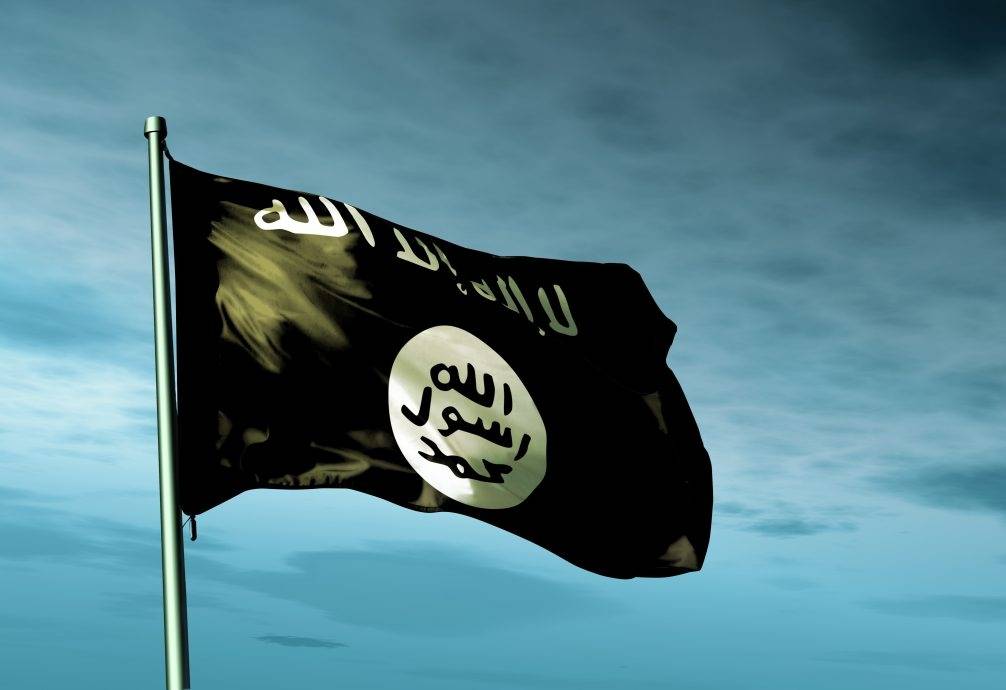
In the past two years, multiple US commanders have warned of increased levels of support for the Taliban from Russia and Iran, both of which have cited the Islamic State affiliate presence in Afghanistan to justify their activities. Both were reported in 2020 to have been more directly involved, including possibly supporting Taliban attacks against US forces.
Both nations were opposed to the Taliban government of the late 1990s, but reportedly see the Taliban as a useful point of leverage vis-à-vis the United States. Afghanistan may also represent a growing priority for China in the context of broader Chinese aspirations in Asia and globally, it added.
“Afghan officials have sought to downplay the impact of the US military withdrawal on their own forces’ capabilities, but some official US assessments indicate that the withdrawal could lead to Taliban gains on the battlefield. By many measures, the Taliban are in a stronger position now than at any point since 2001, controlling as much as half of the country, though many once-public US government metrics related to the conflict have been classified or are no longer produced”, the brief said.
Future changes in political arrangements and/or in the security environment may in turn influence US policymakers’ consideration of future levels and conditions of development assistance. It is unclear to what extent, if at all, the prospect of continued US assistance to Afghanistan (which remains one of the world’s poorest countries) represents leverage over the Taliban, it added.
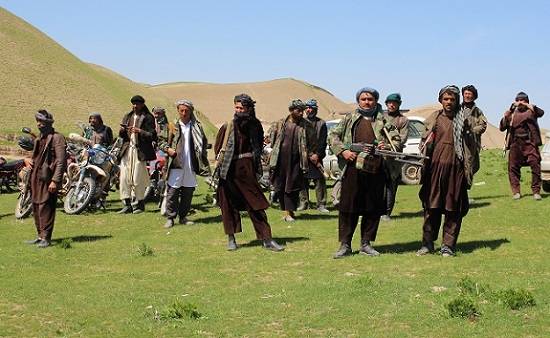
The Wall Street Journal reported that the US intelligence community concluded last week that the government of Afghanistan could collapse as soon as six months after the American military withdrawal from the country is completed.
American intelligence agencies revised their previously more optimistic estimates as the Taliban swept through northern Afghanistan last week, seizing dozens of districts and surrounding major cities. Afghan security forces frequently surrendered without a fight, leaving their Humvees and other American-supplied equipment to the insurgents, the report said.
The new assessment of the overall US intelligence community, which hasn’t been previously reported, has now aligned more closely with the analysis that had been generated by the US military. The military has already withdrawn more than half of its 3,500 troops and its equipment, with the rest due to be out by Sept. 11.
On Wednesday, Taliban fighters were battling government troops inside the northern city of Kunduz after occupying the main border crossing with Tajikistan the previous day and reaching the outskirts of northern Afghanistan’s main hub, Mazar-e-Sharif. Tajikistan’s border service said 134 Afghan troops at the crossing were granted refuge while some 100 others were killed or captured by the Taliban.
Overall, the Taliban’s lightning offensive in northern Afghanistan resulted in the fall of dozens of districts over the past week, putting much of the countryside under insurgent control. Local politicians and tribal elders negotiated a series of surrender agreements with government forces. Often unpaid for months, these troops left convoys of armored vehicles and stockpiles of weaponry, including artillery pieces, mortars and heavy machine guns, in exchange for Taliban guarantees of safe passage, the report said.
ALSO READ-Bolton blames Pak for Taliban’s return
READ MORE-BRS Ventures in Afganistan


